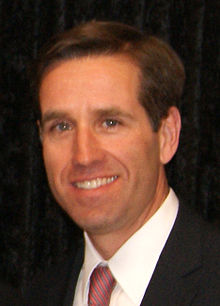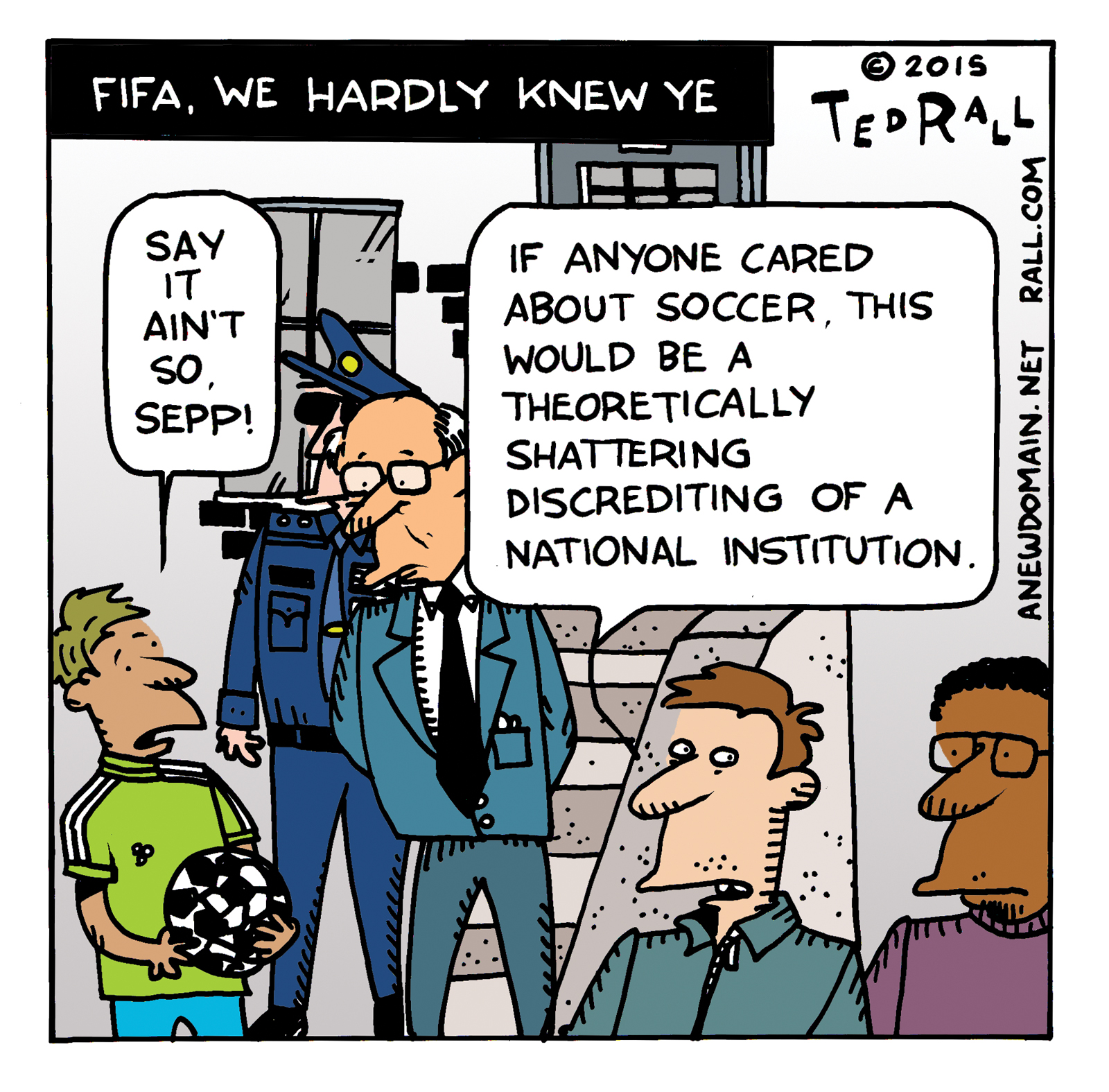Originally published by ANewDomain.net:
Even if you’re a news junkie, you probably never heard of Dave Goldberg or Beau Biden before they died. Yet both are at the center of a national mournathon.
Goldberg’s and Biden’s deaths marks the further advancement of celebritization. Millions of Americans care about people after they die – people whose existence they were completely unaware of prior to their demise – simply because they are related to someone famous.
Goldberg, 47, was the husband of Facebook chief operating officer Sheryl Sandberg, most known for her book “Lean In,” which advises women to be more assertive in the workplace. Just over a month ago, he fell off a treadmill at a hotel in Mexico, probably after a heart attack, and struck his head. (I write “probably” because there were a ridiculous number of conflicting reports about the cause of death.) Goldberg had been the CEO of SurveyMonkey, a relatively obscure Silicon Valley startup.

Beau Biden was the son of Vice President Joe Biden. He was unknown outside Delaware, where he was a former state attorney general. He died of brain cancer at age 46.
Both deaths were sad. It is usually unfortunate when people leave us, especially at a young age. (Not as much when they’re, say, war criminals.) In Biden’s case, it is impossible not to feel for the vice president, who apart from the fact that he works side-by-side with President Barack Obama seems to be a decent man, and in any case has suffered more tragedy than most by losing his wife and his young daughter in a car accident in 1972.
But let’s face it: 2.4 million Americans die every year. They leave behind spouses and parents and children and friends and colleagues who miss them and will never recover from their loss. Some of them die in terrible, tragic ways: hit by reckless drivers, murdered, killed in industrial accidents.
But 99.9999 percent of them never get national attention. If the widow of one of them posts something about their dead husband to Facebook, as Sheryl Sandberg did, it does not get coverage on CNN and MSNBC and Fox News, NPR and the New York Times and the Washington Post, as Sandberg’s clunky, poorly written and really not worth reading, essay did.
 “A heartbreakingly beautiful and incredibly open tribute to her late husband, the Facebook chief operating officer is sharing what she’s learned about grief,” gushed the Post. Not since Judith Miller have I distrusted a newspaper this much.
“A heartbreakingly beautiful and incredibly open tribute to her late husband, the Facebook chief operating officer is sharing what she’s learned about grief,” gushed the Post. Not since Judith Miller have I distrusted a newspaper this much.
When there is a funeral for one of the 99.9999 percent, the President of the United States does not attend, or deliver a eulogy (“his voice thick with emotion,” the Times said), and the event does not receive live national media attention, as Biden’s did.
Which is perfectly fine. Most people don’t make such a huge impression on a national scale that their death deserves to be marked by so much pomp and circumstance.
What’s weird – and make no mistake, it really is strange – is to see the deaths of unknown people elevated to national events simply due to their relationship with the rich and famous. If Biden died, I’d expect a state funeral. Sandberg merits an eighth of a page obit. Biden’s son and Sandberg’s husband? Not so much.
Until 2014, high profile deaths followed high-profile lives. Now, you don’t have to accomplish anything, at least anything that makes a public impact, to be grieved by the public.
If this goes on, it won’t just be those who are close to the rich and famous who get posthumously recognized, but those who know those who are close to the rich and famous. On and on it’ll go, until six degrees are achieved and we are all, fulfilling Andy Warhol’s prophecy, famous for 15 minutes.
But only after we die.
If you want to be sad about someone you never knew about, much less knew, that’s your business. But I’ve got a question for you: when the celebrities go on and on and on about how fabulous the dead man or woman in question was, how on earth do you know if any of it is true?

 Oh, and if you get two of these suckers in 18 months, say goodbye to your license for at least a year.
Oh, and if you get two of these suckers in 18 months, say goodbye to your license for at least a year.



